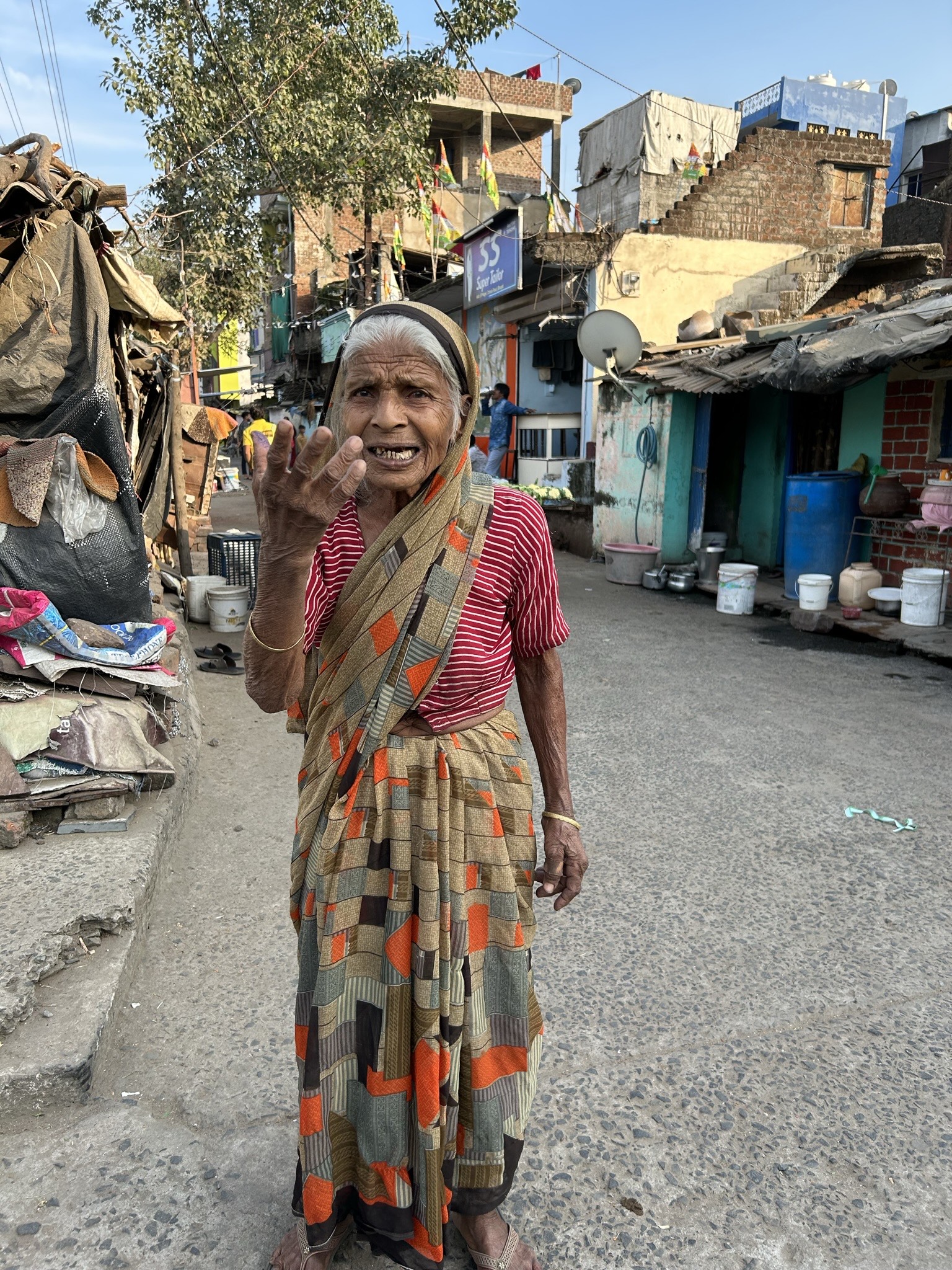‘Bhopal’s voters don’t see the tragedy, trauma or the complex Wcompensation process as an issue in polls’.
On 3 December, when Madhya Pradesh Assembly election results will be declared, a section of Bhopal residents will gather near the “weeping mother” gas tragedy memorial in JP Nagar slums to pay respects to those who died in the disaster—often remembered as the worst industrial disaster in human history.
The gas tragedy on the fateful night of 3 December 1984 killed nearly 4,000 people—the unofficial figure has often and impacted 7,00,000 citizens, but over the past four decades, the dark chapter seems to have gradually faded away from public memory, at least in the electoral landscape.
Today, the young voters in Bhopal don’t see the tragedy or the trauma related to it or the subsequent complicated compensation process as an issue in the November 17 Assembly election. Only a section of the survivors of the tragedy carry the scars of the tragedy and are still bitter about the nonchalant administration and politicians and ministers whom they blame for the tragedy and the following miseries.
Seventy-year-old Shakeela, a survivor of the tragedy, says she has no expectations from the new government which will be formed after the election. “I have stopped voting. No body cares for us, anymore. What we got after decades of struggle was just Rs-25,000 compensation,” said the woman who suffers from breathlessness even till today.
“My husband, Babu Khan, also suffered respiratory problems. He died a few years ago. We don’t think we can change our lot through our vote,” said Shakeela, who still blames the then Congress-led state government headed by Arjun Singh for the disaster.
Roshan Lal, 40, was just six months old when the toxic methyl isocyanate, an intermediate chemical in the production of carbamate pesticides, rubbers, batteries and adhesive, leaked from the Union Carbide’s factory – barely a few hundred meters away from their shanties – in the dead of the night.
“My father was hit by the gas and he suffered paralysis. He died a few years ago,” he said. He claimed he would be voting in the Assembly election but for him the policies and schemes of the present day government would be of greater importance than what happened in the past. “Nothing much related to the gas tragedy can be changed through voting almost four decades after the incident,” he said.
Lakhanpal Panthi, 60, clearly remembers the horror of the night when dead bodies lay all around their colony. “People started vomiting and there were signs of paralysis among all those who were exposed to the gas. We managed to survive as we lay flat on the ground and went off to sleep with our faces covered with wet clothes – a remedy suggested by a local resident who was aware of countering gas leaks,” he said.
We may be alive today but there was hardly any survivor not impacted by the killer gas whose ill-effects remained in the air for weeks after the day of the leak, he said, pointing out that health cards for survivors were promised but not given to all.
The gas tragedy and the sufferings changed his and his families’ lives and the November 17 election would be one way of venting their anger against those responsible for the incident, he said.
Another voter from a family of survivors, Govind Singh Rajput, said he was born after the tragedy but he has seen his parents fight respiratory health issues and struggle for compensation for decades. “My vote will never got to the party that was in power when the tragedy took place,” he said.
For Bhopal-based journalist and social activist Shashi Keswani, who covered the gas leak disaster and the subsequent developments, the gas tragedy can never be wiped off the psyche of Bhopal residents.
“Till today, December 3 is observed as a partial public holiday in the city with residents staying away from work as a mark of respect to the dead,” he said. “Not every person in Bhopal wants to express his or her anger against the tragedy in elections. Many voters may not be aware or don’t want to consider the fact that the ill-effects of the tragedy—in the form of contamination of water etc—are still present in the city,” he said.

